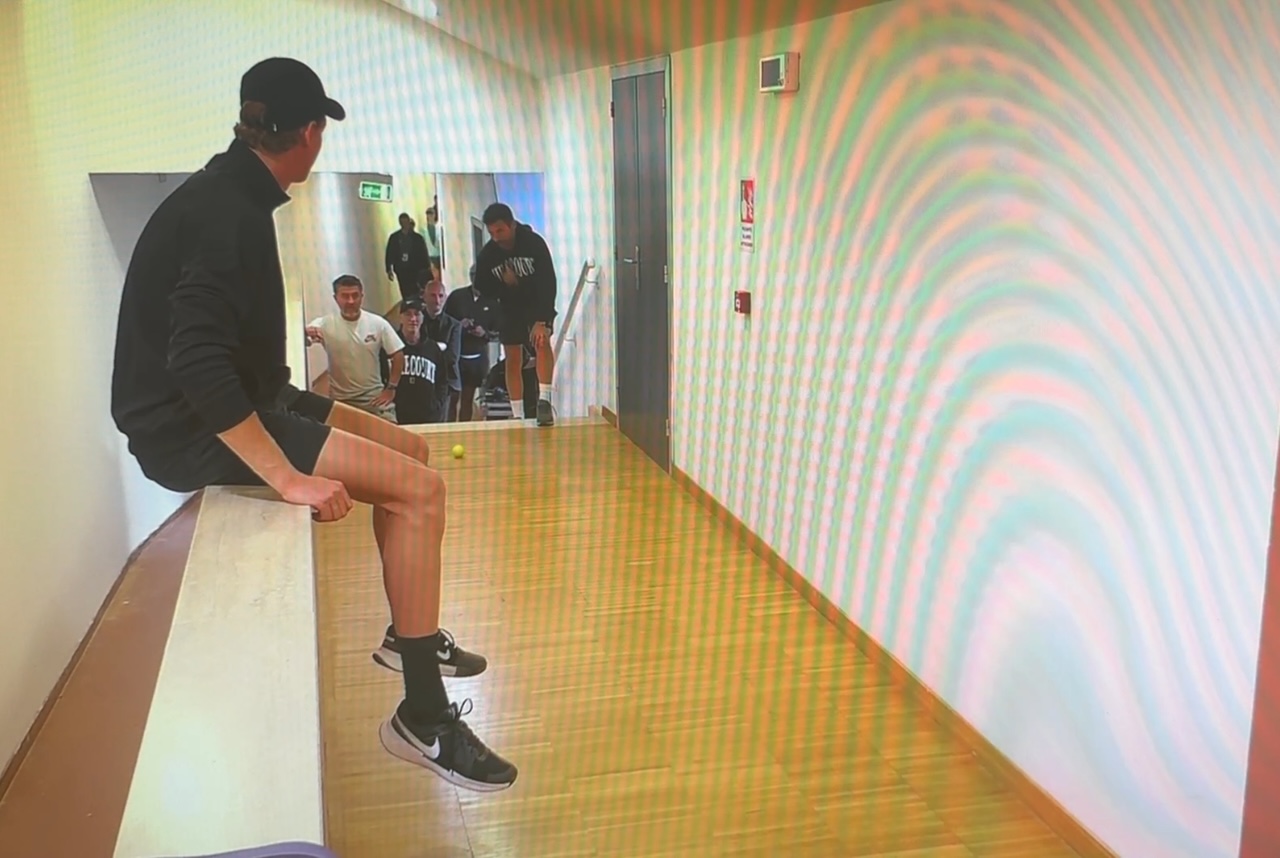Tennis is supposed to be fun. Unfortunately, the pursuit of on-court performance and other engagement experiences can sometimes diminish overall enjoyment. When the complex and multifaceted journey of tennis takes you to a place where it just isn’t as fun as it should be, a prototyping approach may be the key to getting back on the right track.
While it is important for tennis players to view competitive mastery as a process, sometimes it is a challenge not to be dragged down by results that don’t meet expectations. Consciously taking a systematic approach to brainstorm opportunities for improvement, devising a method to try them out, and evaluating the results can make a difference. Prototyping can be used for specific techniques, strategies, equipment, and even mental approaches. This iterative process can be used to experimentally discover and make informed adjustments that can lead to higher performance and better results.
Prototyping can also be used to discover ways to increase enjoyment by altering engagement with the sport. This could be as simple as tweaking training routines or schedules to shake things up. A tiny change might rekindle motivation and prevent burnout.
Moreover, tennis is a social sport built on interactions with other players and community members. If league tennis or a particular team is bringing you down, a prototype could be used to identify the factors that are driving that emotion. Players who are frustrated with playing time or roster decisions should consider trying tournament tennis.
Prototyping should also be embraced by administrative organizations and service providers to develop new products, forms of competition, and experiences with the sport. In fact, the iterative approach using prototyping has inherent advantages over rolling out a massive nationwide program based on intuition rather than actual data. A small-scale experimental implementation allows organizations and service providers to test tennis products in a real-world setting, gather feedback from players, and make data-driven improvements before a full-scale launch. It is a dynamic approach that drives innovation toward enhancing the quality and enjoyment of tennis for everybody.
The essence of prototyping is identifying a problem or opportunity, brainstorming potential solutions, trying those solutions out, and then evaluating the results. The process fuels evidence-based decisions about aspects of on-court performance and overall engagement with the sport. By exercising an iterative prototyping process, players can always work toward improving their enjoyment and satisfaction with the sport.
Tennis is supposed to be fun. Sometimes, it takes a little effort to find and stay on track toward that ultimate objective. The prototyping technique is a valuable tool for enriching the journey of tennis and fostering a higher quality of tennis life.
Throughout 2024, I am publishing a series of essays imaging how to apply the principles in ‘Designing Your Life: How to Build a Well-Lived, Joyful Life‘ (<- sponsored link), which is a non-tennis book that I have come to believe that everyone should read.
A chronological summary of all posts on this topic is available on the Designing Your Tennis Life summary page.





Fantastic post! Perfect timing for me! Thank you Theresa!